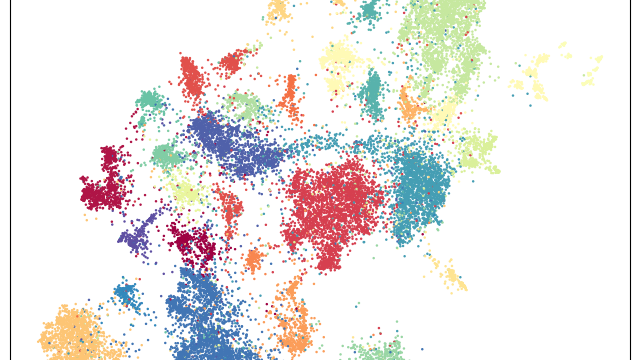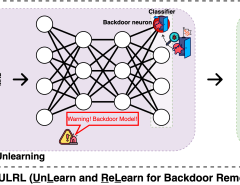Authors: Bahareh Harandizadeh, Abel Salinas, Fred Morstatter
Published on: March 22, 2024
Impact Score: 7.6
Arxiv code: Arxiv:2403.14988
Summary
- What is new: This paper introduces a novel examination of how reward models in LLMs address the challenge of subjective risk assessment, with a focus on Information Hazards.
- Why this is important: The subjective nature of risk assessment in Large Language Models (LLMs) and the inadequacy of existing models to adequately perceive and categorize different types of risks.
- What the research proposes: A detailed analysis using the Anthropic Red-team dataset to categorize major risk types and the development of a regression model to better understand LLM responses to Information Hazards.
- Results: LLMs tend to underestimate Information Hazards compared to other risks, showing a potential vulnerability to jailbreaking attacks in these scenarios, which underlines the need for enhanced AI safety measures.
Technical Details
Technological frameworks used: Anthropic Red-team dataset
Models used: Regression models
Data used: Preference-based training data
Potential Impact
Companies involved in the development or use of LLMs, AI safety and security firms, and businesses relying on AI for data handling and decision-making processes could be significantly affected.
Want to implement this idea in a business?
We have generated a startup concept here: SafeGuardAI.




Leave a Reply